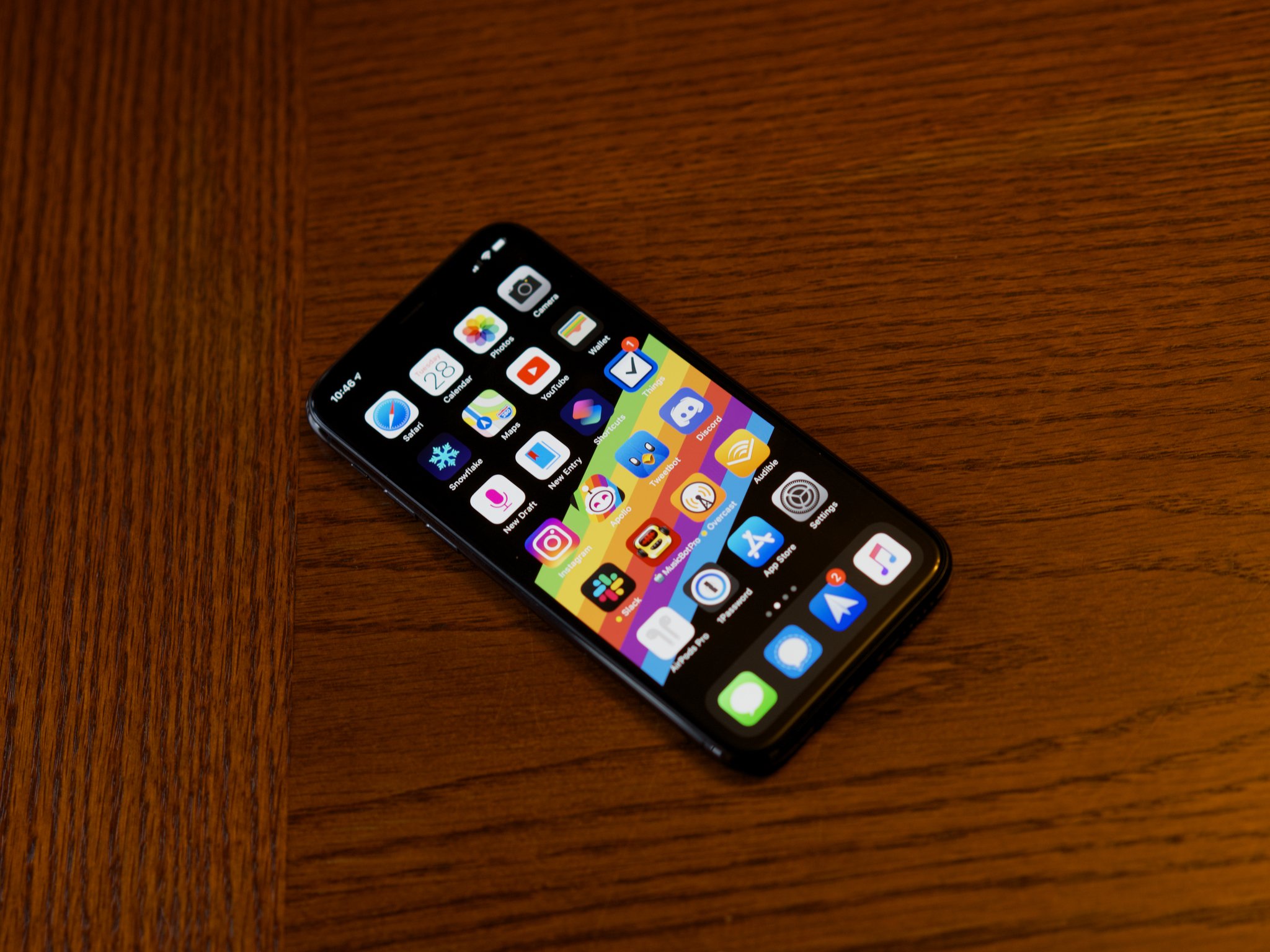Will I be able to unlock the 5G iPhone 12?

iMore offers spot-on advice and guidance from our team of experts, with decades of Apple device experience to lean on. Learn more with iMore!
You are now subscribed
Your newsletter sign-up was successful
Up to this point, it's been fairly easy to get your hands on an unlocked iPhone. But with the 5G era truly kicking off, there are questions as to whether Apple will offer an unlocked 5G iPhone. If you look at 5G phone launches throughout 2019, they were all carrier-locked, so you may think it's impossible.
But there are a number of indications, including events that really have nothing to do with Apple, that suggest otherwise. While all we can do right now is speculate, I actually think that it's likely that any 5G iPhone launched this year will launch as a carrier-unlocked phone, unless you're buying from specific carriers.
Here's how I think everything might break down, and why.
Stepping into the 5G age
Right now, you can buy any new iPhone unlocked using a couple of methods, and both include buying directly from Apple. First, you can pay the whole cost of your iPhone up front and select the SIM-free option. Alternatively, you can use either the iPhone Upgrade Program (which also nets you AppleCare+ coverage) or the Apple iPhone Payments plan, both of which provide you with an unlocked iPhone usable with the carrier of your choice.
Selling phones unlocked is great for customers because it means that they can theoretically take their device to any compatible carrier. While this used to be more of a question, i.e. "My phone is unlocked, but I can only us it on GSM carriers," in recent years, phone makers like Apple have been creating devices that worked with all major carriers and bands.
But now, we're firmly entering the 5G age of cellular technology. Companies are now making phones with 5G support baked in, not just 5G versions of existing phones. Carriers, too, are putting more muscle behind their 5G rollouts. Rumors indicate that at least one of Apple's new 2020 iPhones will feature 5G connectivity.
The spectrum question
One of the issues that Apple and other phone manufacturers need to solve for is that 5G for cellular networks basically encompasses two different types of spectrum: sub-6 and millimeter wave (mmWave). Sub-6 is lower frequency, lower speeds, and wider range. mmWave, meanwhile, features much higher speeds and capacity, at the cost of a much shorter range than sub-6.
iMore offers spot-on advice and guidance from our team of experts, with decades of Apple device experience to lean on. Learn more with iMore!
I would bet that Apple offers sub-6 and mmWave support in the same handset.
The good news is that most of the major U.S. carriers are building out both sub-6 and mmWave components of their 5G networks. This shouldn't be like the GSM/CDMA age where a network uses one or the other. Additionally, recent devices, such as Samsung's Galaxy S20+ and Galaxy S20 Ultra, have been able to offer connectivity to both mmWave and sub-6 in the same handset.
I would guess that Apple includes both sub-6 and mmWave support in its 5G handsets. But given that the iPhone 12 series of devices is rumored to feature two 'standard' iPhone 12 models in addition to two 'Pro' models, it might include support for one type of spectrum in the lower-end handsets, and both in the higher-end phones.
A matter of timing
Assuming that Apple does launch at least one 5G iPhone in 2020, it would be entering the market at an excellent time. For one thing, carriers are more aggressively rolling out their 5G networks. With the launch of a 5G iPhone likely still at least seven months away, that's seven more months of 5G rollout across the U.S. and other parts of the world currently deploying 5G.
There's also the fact that precedent has now been set for unlocked phones. Samsung is selling its new 5G phones, the Galaxy S20, Galaxy S20+, and the Galaxy S20 Ultra, in carrier-unlocked configurations. While getting one of these phones unlocked depends on how you buy it (get it directly from Samsung to guarantee an unlocked phone, for instance), the fact is that there is an option to buy unlocked.
Apple is likely to benefit from Samsung offering its first 5G flagships unlocked out of the gate.
And that's generally how I think things will play out with the 5G iPhone. The carriers are all locking the phones that you buy through them, iPhone or not, 5G or not. But since Apple also sells phones directly, that'll still likely be your best bet to get one unlocked out of the gate. I don't see Apple canceling the iPhone Upgrade Program anytime soon, nor do I see them getting rid of one of the program's chief selling points: getting an unlocked iPhone.
Even if Apple puts 5G on one or two of the rumored four iPhones that it's supposed to release later this year, it's unlikely to leave any phone out of the iPhone Upgrade Program. Ditto for the SIM-free option.
The carrier conundrum
As for getting an iPhone purchased through a carrier unlocked, you'll have to consult your individual carrier's unlocking policies. Verizon can unlock a phone after 60 days of service on its network, AT&T after 14, T-Mobile after 40 days, and Sprint at 50 days (though Sprint and T-Mobile are soon to combine to form a single company).
Unless the individual frequencies get to be a problem, I see it as unlikely that we'll see iPhones that just support sub-6 or mmWave. If that were the case, the unlocking story for the 5G iPhone might be more complicated. Specifically, the question would really be along the lines of "If your iPhone can be unlocked, is it compatible with another carrier?"
Given that all three major carriers, AT&T, Verizon, and T-Mobile (soon to combine with Sprint) are building out their networks with both mmWave and sub-6, I have my doubts that this will be an issue.
Final musings
While stepping into the new generation of cellular technology can bring a lot of questions with it, we can also look at the recent past to find patterns. While 5G might present its own particular challenges that Apple has to deal with, I don't think the unlocking story will change on the new iPhones.
But what do you think? Do you think 5G iPhones will be locked down, or will you be able to get one unlocked right away? Give us your thoughts in the comments.
Joseph Keller is the former Editor in Chief of iMore. An Apple user for almost 20 years, he spends his time learning the ins and outs of iOS and macOS, always finding ways of getting the most out of his iPhone, iPad, Apple Watch, and Mac.

